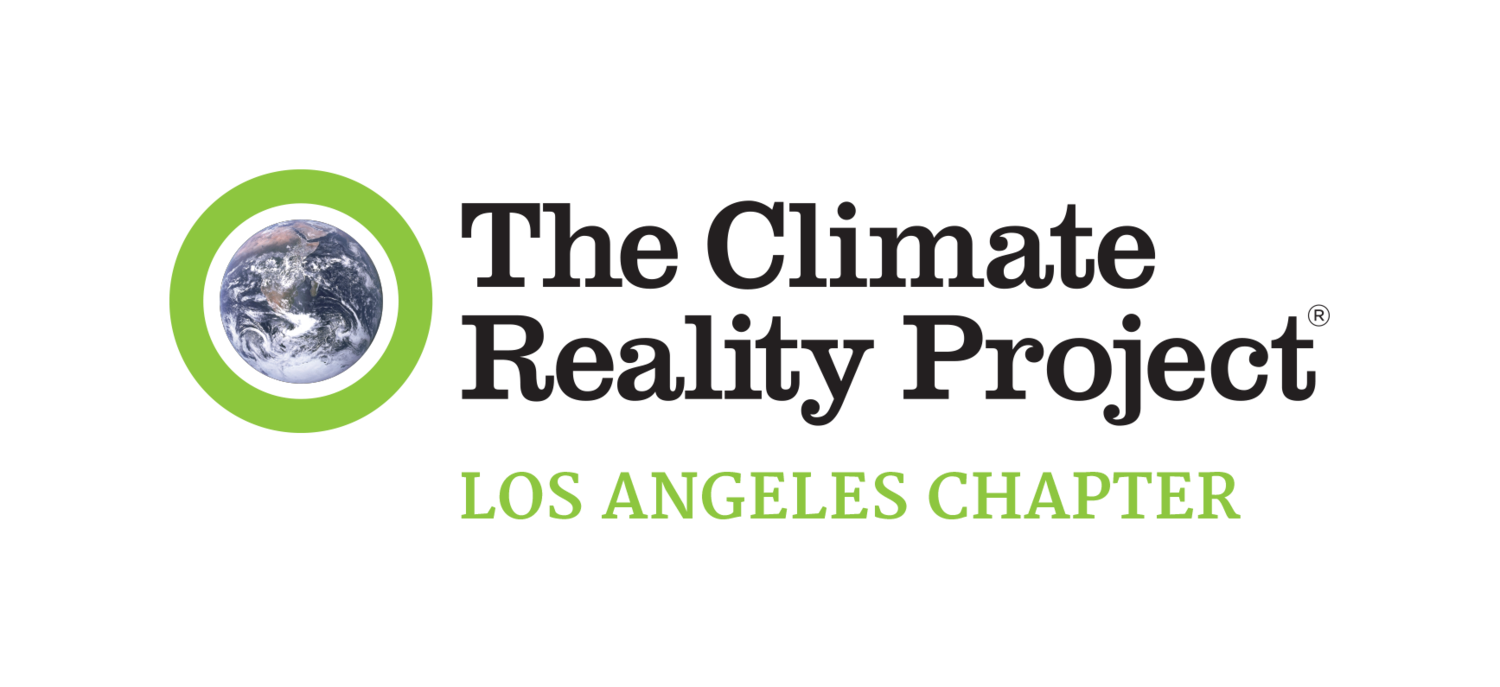South Coast AQMD Appliance Standards
Fact sheet for Proposed Amended Rules (PAR) 1111 & 1121 (Appliance Standards)
Fact sheet updated May 27. Click for the pdf version.
WHAT THIS MEANS AND WHY IT MATTERS
The South Coast AQMD has a plan to strengthen its gas furnace and water heater regulations to ramp up sales of non-polluting appliances. This means that one of the largest and smog-covered regions in the nation could set binding sales targets for clean appliances that would offer consumer flexibility while holding the industry to higher standards. This important change, if approved, will result in significant air quality improvements in our region and send a market signal that could help ramp up clean appliance sales across the state and country.
What You Can Do
Sign the California Environmental Voters petition at EnviroVoters.org
Join the Clean Air Rally on June 6.
Background On These Rules
The South Coast AQMD (SCAQMD) covers all or most of four counties: Los Angeles, Orange County, Riverside, and San Bernardino. The agency is responsible for setting policy to improve the region’s air quality.
SCAQMD regulation of NOx pollution from gas furnaces and water heaters through Rules 1111 and 1121 dates back to 1978, with emissions declining over time. SCAQMD is now considering strengthening these regulations to set a zero-emission standard.
The rules regulate what is sold in the region and have no impact on existing equipment.
Rule 1111 regulates residential-sized furnaces and Rule 1121 regulates residential-sized tanked water heaters up to 75,000 Btu/hr. Larger commercial and tankless water heaters are covered under a separate rule that was updated with a zero-emission standard in 2024. Larger commercial-sized furnaces are expected to be covered under a future rule.
The current proposal would set a clean appliance sales target for manufacturers, starting at 30% in 2027 and rising to 90% in 2036. Similar to vehicle fuel standards, the rules would not ban any specific equipment or require any individual consumer to purchase clean appliances.
Starting in 2027, manufacturers will pay a nominal fee of $50 for each polluting gas water heater and $100 for each polluting gas furnace they sell, with higher fees for sales above the target.
The proposed plan would reduce NOx pollution in the region by 2.1 tons/day in 2037, producing a small but meaningful improvement for air quality in the region. NOx pollution reductions would rise to 6.1 tons/day in 2060.
South Coast AQMD has adopted a complementary incentive program, Go Zero, which has an initial $21 million budget to support heat pump upgrades, and which goes into effect this year. Mitigation fees would provide ongoing funding for this program.
Our Asks
No more delays! Pass zero-emission appliance standards at the soonest opportunity
Timeline
June 6: SCAQMD Board Meeting to vote on the proposal
WHY The AQMD Board Should Set Zero-Emission Appliance Standards
Our region has the dubious distinction of having the most ozone polluted air in the country, and SCAQMD has a legal obligation to mitigate it. Pollution from household appliances contributes a meaningful share of the region so SCAQMD needs to address it.
Health impacts from NOx emissions create real costs that are borne by families in the region and which add up. Using EPA methodology, we estimate the costs associated with negative health impacts like lost school days, asthma attacks, and premature deaths from appliance pollution in the region at $2 billion per year.
Clean, efficient, zero-emission heat pumps are a superior technology that is widely available today and incentives are available to help bring down upfront costs.
Electrification is a necessary step to address climate, which is already having huge impacts on our community, and electrification also supports climate adaptation by providing life-saving cooling and reducing flammable gas in homes.
The current proposal represents a significant concession to landlords, business groups, and SoCal Gas. Any further opposition from these groups proves they are unwilling to help solve the problem.
DOWNLOAD AND SHARE THIS FACT SHEET

